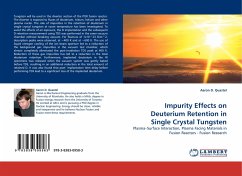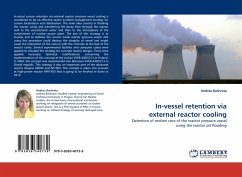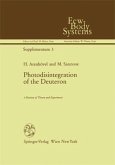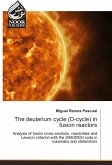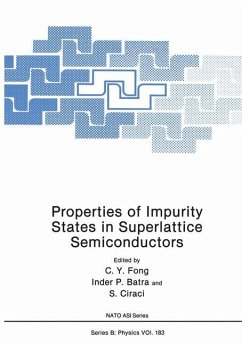Tungsten will be used in the divertor section of the ITER fusion reactor. The divertor is exposed to fluxes of deuterium, tritium, helium and other plasma nuclei. The role of impurities in the retention of deuterium in single crystal tungsten at room temperature has been investigated. To avoid the effects of air exposure, the D implantation and the subsequent D retention measurement using TDS was performed in the same vacuum chamber without breaking vacuum. For fluences of 1x10^23 D/m^2, desorption peaks were observed, at ~400 K and at ~600 K. The use of liquid nitrogen cooling of the ion beam aperture led to a reduction of the background gas impurities in the vacuum test chamber, which almost completely eliminated the post-irradiation TDS peak at 400 K. Reduction of these gas impurities has led to a reduction in the total deuterium retention. Furthermore, implanted deuterium in the W specimens was released when the vacuum system was gently baked before TDS, resulting in an additional reduction in the total amount of retained D. It was also found that post- implantation time delay before performing TDS lead to a significant loss of the implanted deuterium.
Bitte wählen Sie Ihr Anliegen aus.
Rechnungen
Retourenschein anfordern
Bestellstatus
Storno

